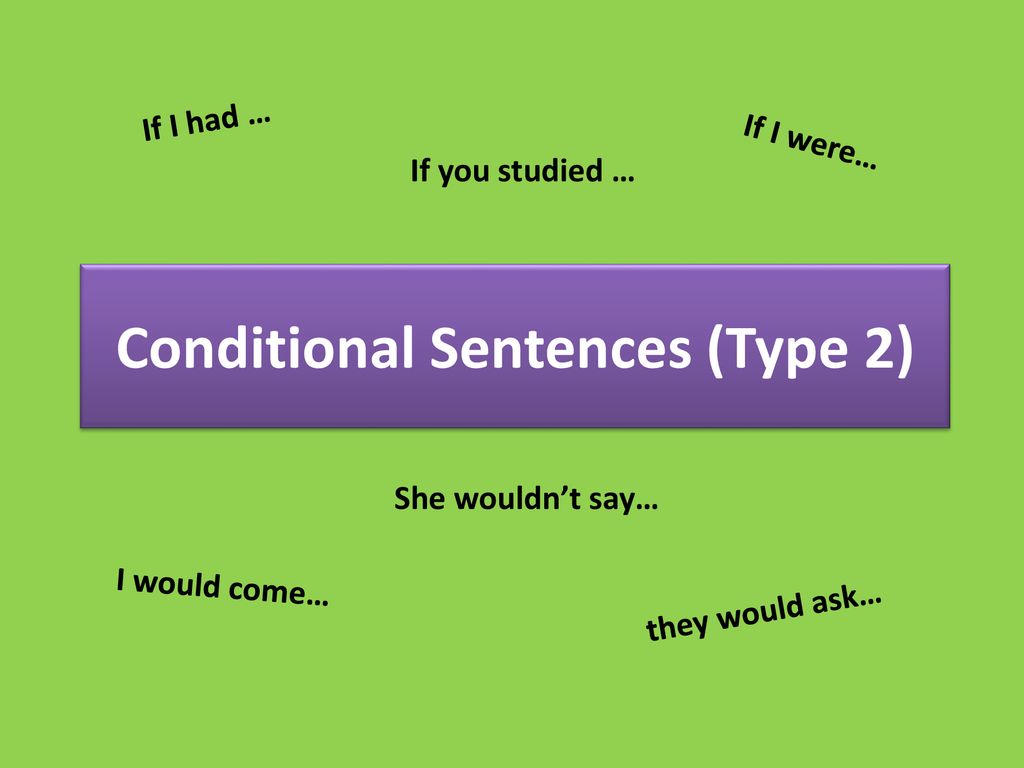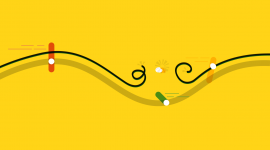5. CÂU ĐIỀU KIỆN LOẠI 3 (THIRD CONDITIONAL)
|
if + past perfect, would(n't) have + past participle (P2) would(n't) have + past participle (P2) + if + past perfect |
ex: If you had asked me, I would have done it. ex: I would have done it if you had asked me. |
- Câu điều kiện loại 3 mô tả các tình huống giả định trong quá khứ. Chúng ta sử dụng câu điều kiện loại 3 để tưởng tượng kết quả của điều gì đó đã không xảy ra:
ex: If I'd bought a second-hand car, I wouldn't have taken out this big bank loan. (= he bought a new car so he did take out a bank loan)
- Chúng ta có thể sử dụng might hoặc could thay vì would để nói rằng một điều gì đó ít chắc chắn hơn:
ex: If I'd saved more money, I might have gone on chat college trip last week.
6. CÁC CÂU ĐIỀU KIỆN HỖN HỢP (MIXED CONDITIONALS)
| if + past perfect, would(n’t) + V | ex: If I had saved more, I would be rich. |
| if + past simple, would(n't) have + past participle (P2) | ex: If I was sensible, I would have saved more. |
| if + past perfect, would(n't) be + ing | ex: If I hadn 't saved, I wouldn't be going on holiday. |
| if + past continuous, would(n't) + V | ex: If I was going on holiday soon, I would be happy. |
| if + past simple, would(n't) be + ing | ex: If I didn't have savings, I wouldn't be going on holiday. |
- Chúng ta sử dụng các câu điều kiện hỗn hợp khi thời gian trong mệnh đề if khác với thời gian trong mệnh đề kết quả.
- Chúng ta có thể đảo thời gian trong quá khứ và thời gian ở hiện tại để tưởng tượng:
+ Kết quả hiện tại của một tình huống hoặc hành động giả định trong quá khứ:
ex1: If I had taken his advice, I had own a small fortune now instead of a big debt! (= I didn't take his advice so now I don't own a small fortune)
| Past situation | Present result |
| If I had taken his advice, | I had own a small fortune now instead of a big debt! |
ex2: It wouldn't be so bad if the price of petrol hadn't almost doubled last month.
+ Kết quả trong quá khứ của một tình huống giả định ở hiện tại:
ex1: If you got on better with him, you might have listened to his suggestions. (= you don't get on with your father so you didn't listen to his suggestions)
| Present situation | Past result |
| If you got on better with him, | you might have listened to his suggestions. |
ex2: If he had more qualifications, he would have got the job.

- Chúng ta có thể đảo thời gian trong quá khứ và thời gian trong tương lai để tưởng tượng:
+ Kết quả trong tương lai của một tình huống hoặc hành động giả định trong quá khứ:
ex1: If I hadn't broken my wrist, I'd be playing tennis later. (= I did break my wrist am not playing tennis later)
| Past situation | Future result |
| If I hadn't broken my wrist, | I'd be playing tennis later. |
ex2: If I'd bothered to get tickets, I'd be going to the concert tonight. (= I didn't bother to get tickets so I am not going to the concert)
- Chúng ta có thể đảo thời gian trong tương lai và thời gian ở hiện tại để tưởng tượng:
+ Kết quả ở hiện tại của một tình huống hoặc hành động giả định trong tương lai:
ex: If I wasn't meeting my manager later, I'd be at the conference now. (= I am meeting my manager later, so I'm not at the conference now)
| Future situation | Present result |
| If I wasn't meeting my manager later, | I'd be at the conference now. |
+ Kết quả trong tương lai của một tình huống giả định ở hiện tại:
ex: If I was at home in America, I'd be seeing my mother tomorrow because it's her birthday. (= I am not at home in America, so I won't be seeing my mother tomorrow)
| Present situation | Future result |
| If I was at home in America, | I'd be seeing my mother tomorrow because it's her birthday. |
7. CÂU ĐIỀU ƯỚC VÀ CÂU HỐI TIẾC (WISHES AND REGRETS)
- Chúng ta sử dụng wish + past verb (V-ed) để nói về các tình huống mà chúng ta muốn nó khác đi:
ex1: I wish I could help you. (= I can't help you and I am sorry about that)
ex2: I wish my father wasn't always right! (= he is always right and I find that annoying)
- Chúng ta sử dụng wish + something / someone + would + V without to để cho thấy rằng chúng ta muốn một điều gì đó xảy ra hoặc ai đó thay đổi hành vi của họ. Chúng ta không sử dụng điều này với các động từ trần thuật:
ex1: I wish they would stop talking so loudly! (= they are talking loudly and I want them to stop)
ex2: I wish this holiday would go on forever.
- Chúng ta sử dụng wish + past perfect (had + P2) để nói về những tình huống trong quá khứ mà chúng ta hối tiếc:
ex: I wish I'd thought about the other costs before I bought it. (= I didn't think about the other costs and I regret it now)
- Chúng ta có thể sử dụng never để nhấn mạnh một động từ phủ định:
ex: I wish I'd never bought the car. (= I did buy it and I really regret it now)
► NOTE: Chúng ta có thể sử dụng if only để thay thế wish với cùng ý nghĩa. Nó có một chút trang trọng hơn:
ex: If only I had listened to my father!

8. SHOULD(N'T) HAVE
- Chúng ta sử dụng should(n’t) have + past participle (P2) để nói rằng những gì đã làm hoặc không xảy ra là một sai lầm hoặc một điều xấu:
ex: I should have listened to him. (= but I didn't)
- Chúng ta có thể sử dụng never để nhấn mạnh một động từ phủ định:
ex: I should never have bought it! (= I did buy it and now I regret it)
NGỮ PHÁP BỔ SUNG: If it wasn’t for … |
- Chúng ta có thể sử dụng if it wasn’t / weren’t for + cụm danh từ để nói rằng một tình huống phụ thuộc vào một tình huống, người hoặc vật khác:
ex: If it wasn't/weren't for the car, I'd have no money worries now. (the car is the reason for my worries)
- Chúng ta có thể sử dụng if it hadn’t been for để nói về một tình huống trong quá khứ:
ex: If it hadn't been for your advice, I would have made the wrong decision.









